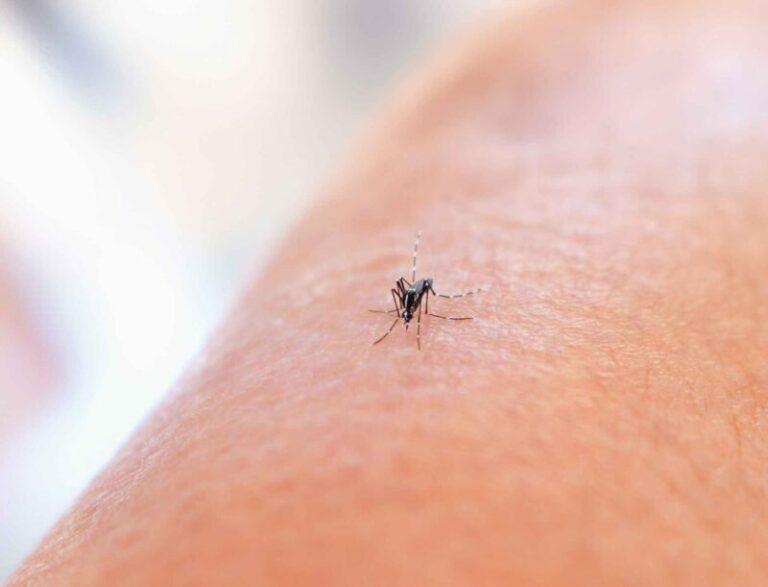As the study’s lead author, Cara Palmer, Ph.D., explains in a news release, “This study represents the most comprehensive synthesis of experimental sleep and emotion research to date, and provides strong evidence that periods of extended wakefulness, shortened sleep duration, and nighttime awakenings adversely influence human emotional functioning.”
Similar Posts

Identifying Your Parenting Philosophy: A Psychotherapist’s 5 Tips
For example, if you grew up in a white-dominant American culture, you may really value individualism—versus…

How To Avoid Wrinkles, Dark Spots & Sun Damage According To Pros
It’s important to get outside: Take ample time to enjoy nature, the fresh weather, and precious…

How to Start a Keto Diet: Your 21-Day Meal Plan to Weight Loss
Spread the love The ketogenic diet, or keto diet, has gained immense popularity in recent years…

Natural Way of Excellent Health Care
Every year, as the rains arrive, the number of dengue cases begins to climb. A joyful…

How a Dietitian Orders at Subway
Life gets busy, so it’s normal to rely on takeout or fast food now and then…

7 Superfoods Every Woman Must Have in Her Diet
With jam-packed schedules, finding time to prioritize a balanced diet feels tough. This is because many…
